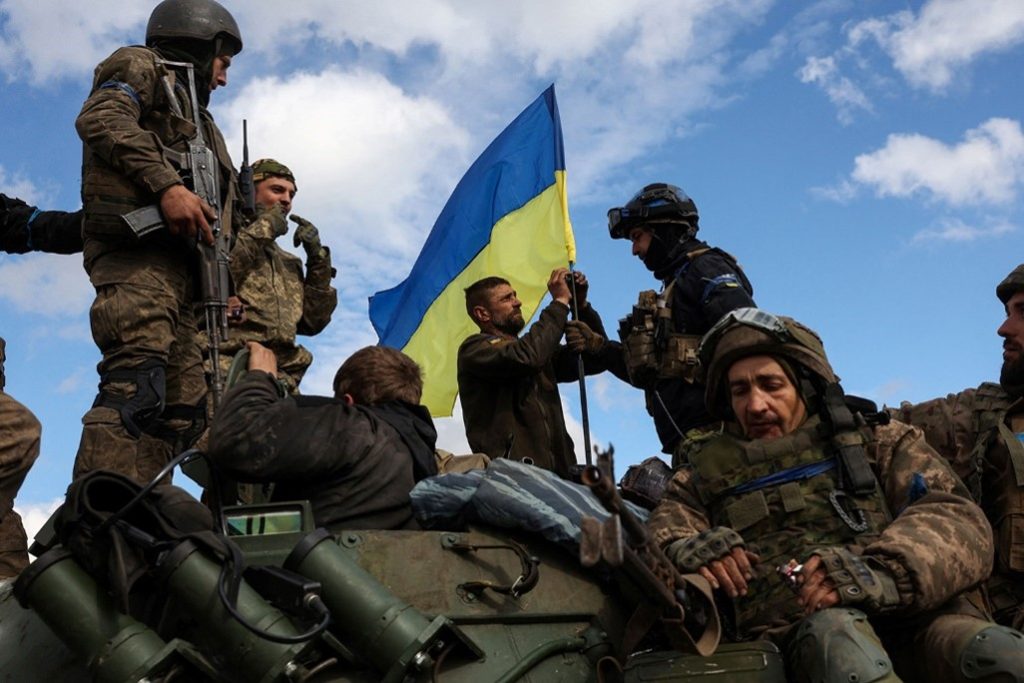History is ripe with instances of war. After all, it is human nature to want more and more and more. Such a feeling has led to kings and queens, presidents and chancellors, dictators and monarchs waging war on each other and carrying out invasions.
Expansionism is a quality that marked any strong empire-if you had the ability to expand your own area by snatching that of others, you were strong. However, at the same time, the success of a kingdom in invading another was not always a sign of the invading kingdom being stronger than the other-other factors also played a part.
Wartime success depended on a lot more than military prowess-it also depended on the geography, the time period, the willingness and desire to fight etc. Just as history is ripe with instances of war, it is also riddled with cases where the “stronger” side did not necessarily emerge victorious. This article looks at a few such examples.
Factors other than Military Prowess which affect the outcome of War
- Geography: Each war is to be fought on one or several fronts. The geography and ecology of this front(s) can play a major role in determining the outcome of the war. The geography usually favors one side-perhaps that which is more used to fighting in those conditions, or those who have a technological advantage for the specific scenario.
- Climate: It is obvious to believe that the climate at the time of war is one of the important factors to win that war. Climatic extremes or fluctuations can change the course of the entire war. If it is cold, the side best suited to the frost would have an upper hand, and if it is hot, the side best suited to the heat would assume the upper hand.
- Time Period: Some militaries are better suited for short-term war, while others fare better at long-term war.
- Willingness and Desire to Fight: The cause for which one is fighting unusually seems to be a major factor in wartime success. For example, if one is fighting to protect one’s homeland, he/she naturally fights more valiantly.
Instances where these Factors have dictated the result of War

Operation Barbarossa: The Nazi invasion of the Soviet Union was codenamed Operation Barbarossa. The Germans had a strategic and military advantage in the operation. Up until the operation, they had been allies with the Soviets and had caught them by surprise. This invasion saw initial success-the Germans advanced rapidly across the western USSR. However, their advancement was stopped dead in its tracks by rather unusual factors-Stalin’s USSR wanted to defend the city of Stalingrad fiercely, for it was named after him. Besides, winter was here. The German army was not well-equipped to deal with the harsh Soviet winter. Stalin called upon soldiers specially trained to fight in the cold from Siberia. As a result, Hitler’s plan failed and the Soviet Union remained. He could not reduce his war to just the Western Front.
Russia-Ukraine Conflict: It is known to the world, just as it is known to me and you that on paper, Ukraine cannot compete with Russia militarily. Yet we see today, that even after 14 months of the invasion being underway, Russia has not managed to break Ukraine completely. Although credit does go to western aid, the primary factor in Ukraine’s survival has been the immense pride and nationalism among the Ukrainian people-they are together in their fight against modern day Russian Imperialism, they see this as a fight for their homeland. No matter how hard Russia tries, it cannot emulate a similar resolve in its military personnel.

Soviet Invasion of Finland, 1939 (The Winter War): The Red Army of the Soviet Union launched a large-scale invasion of Finland in 1939. The Soviets, one-million strong believed their sheer numbers would help them achieve victory over the 400,000 Finnish. However, the Finnish fought valiantly. Near Finland’s eastern border, there was dense forest cover and an underdeveloped road network. The Finnish took advantage of this environment and trapped the Soviets in pockets. The weather condition also worked in favor of the Finnish. Although the war led to a peace treaty in which Finland ceded some of its territory, the Soviets were faced with heavy losses and severe damage to their international repute.

The outcomes of warfare are thus decided by many reasons other than military strength.
Note: I have taken the photographs/illustrations from internet. They belong to the author/photographer/designer of the original article/s.


Another important non-military factor in my opinion is Leadership. All the positive factors would be nullified if the leader is weak and isn’t popular/influential.
Very well analyzed and written article on warfare…some countries like Afghanistan are impossible to conquer because of its topography…there are mountains and caves therein which are extremely difficult to access..even India is considered a difficult terrain, towards North and East there are Himalayas, there is Dry desert in North-west, south-west India is wet and tropical..
Thank you for your comment.